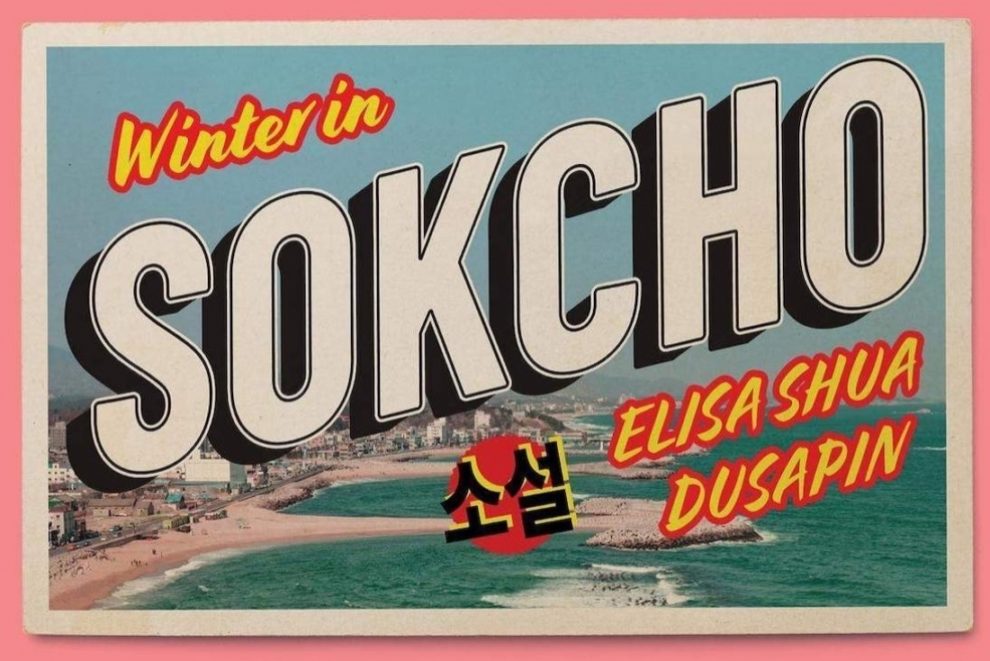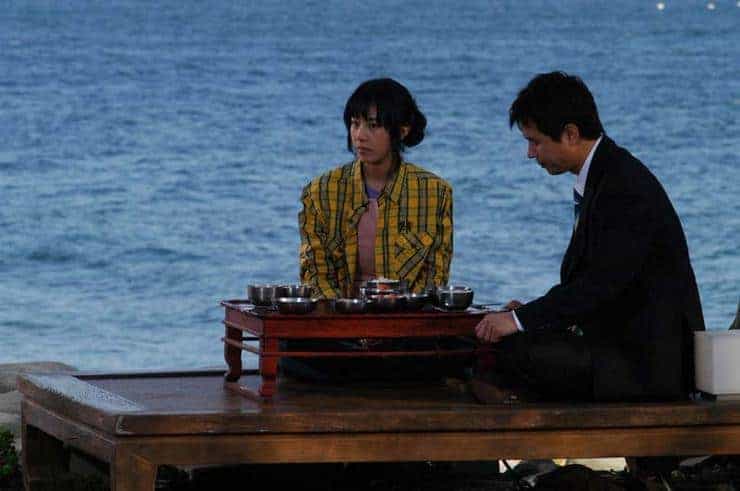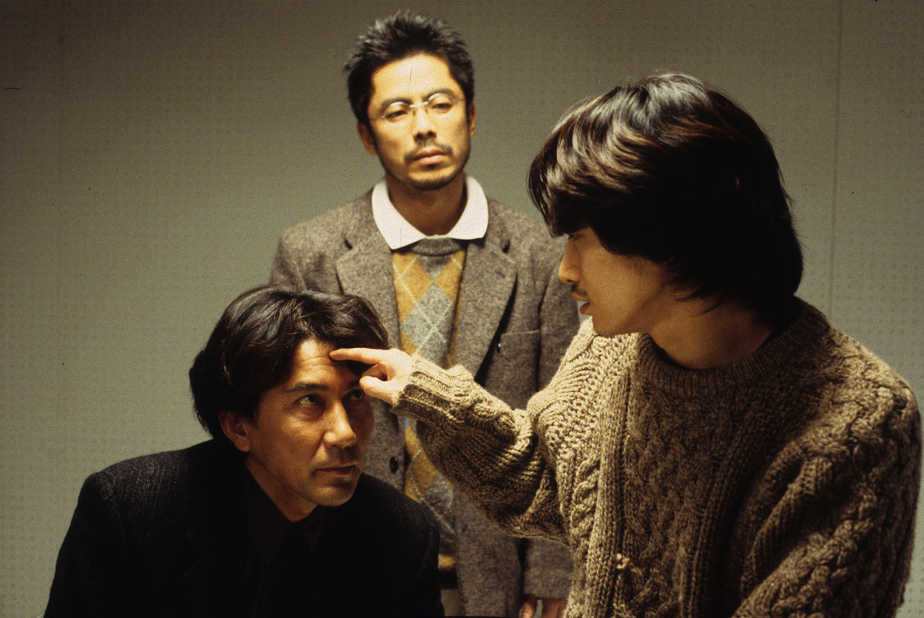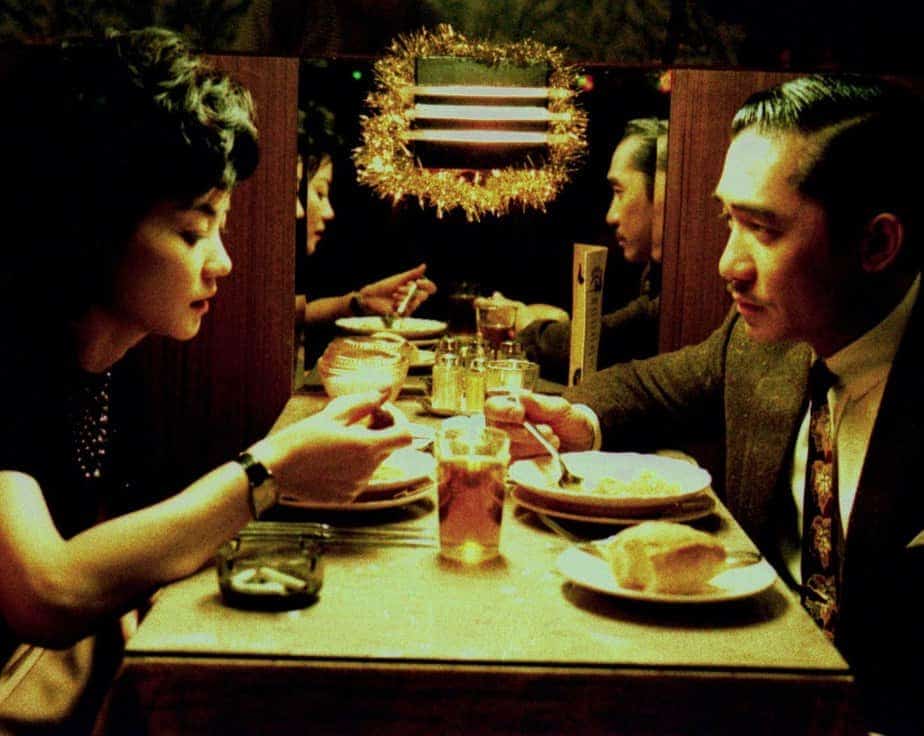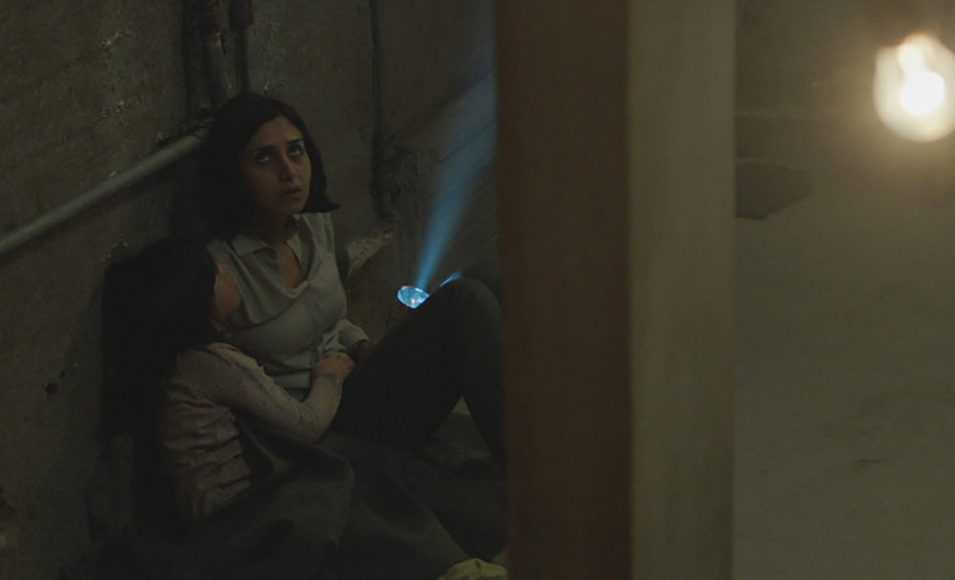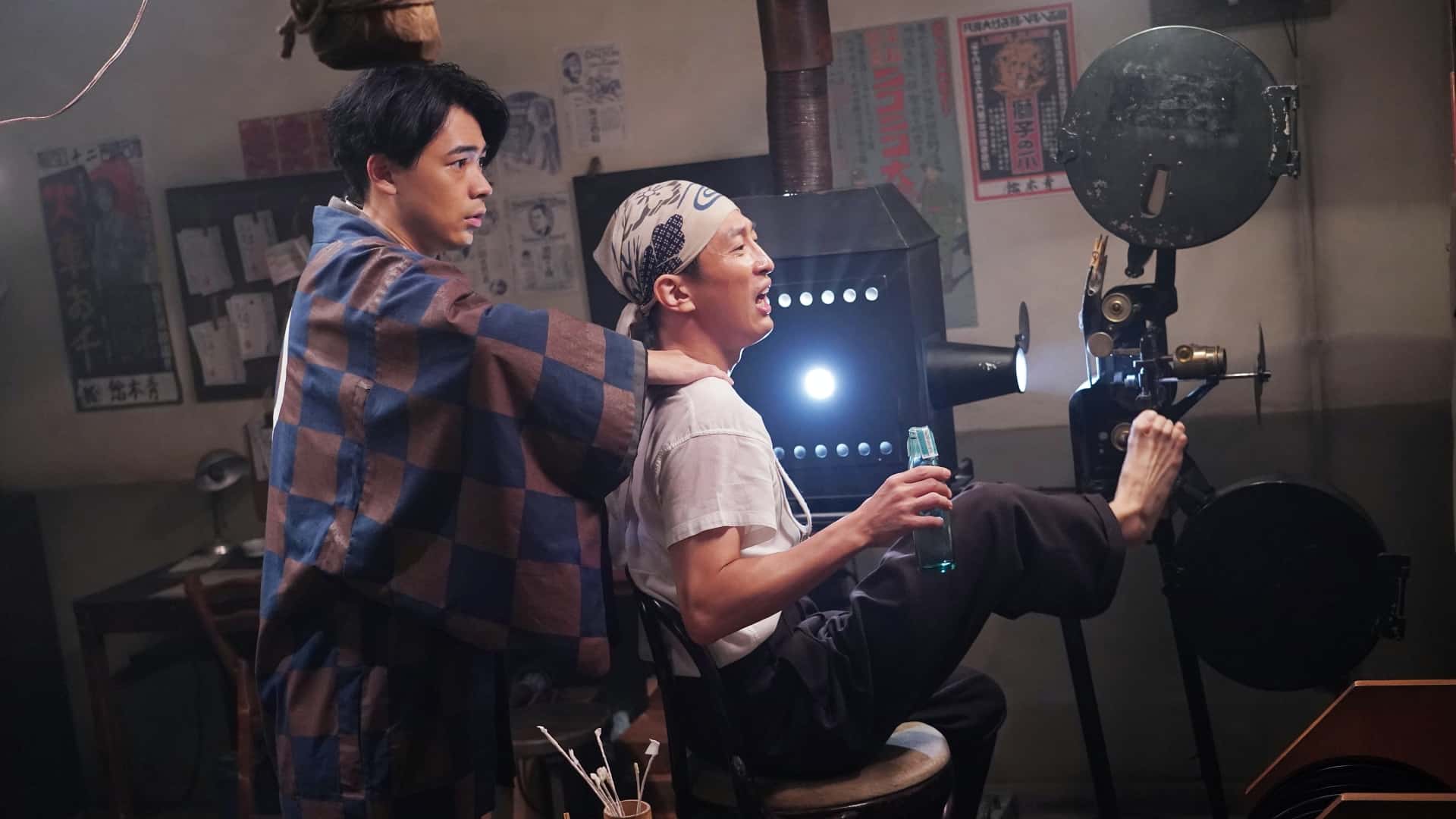Book covers can sometimes be very misleading. Take for example the English translation of Elisa “Winter in Sokcho”. The pastel colors, thick and blocky typeface and overall feeling of the design shouts the gaudiness of contemporary North Korean design (link). Yet, the award-winning short novel is set not in the North but in the small border city of Sokcho in the South.
Buy This Title
A young unnamed French-Korean works in an old guesthouse Sokcho, a small town on the border between South and North Korea. It is winter and the guests are there, so she spends her time observing them and meeting with her fishmonger mother. One day, a French graphic novel author arrives at her dilapidated guesthouse. As she helps him go on small trips around the region, the two form a strange relationship.
In many ways, “Winter in Sokcho” reminds of the Japanese I-novels popular in the beginning of the 20th century. The main character is unnamed, she is a young person through whose eyes we see the world. Yet, in many other aspects, it is a stark departure from them. The main character is a woman, she does not really grow up by the end of the novel; if anything, she reverts to a more primitive version of herself. Also, unlike the Japanese and Korean works of this genre, such as “Twenty Years Old” by Kim Yeonsu, “Winter in Sokcho” is set neither in an important locale or important period of the country, nor in an important time of the protagonist's life. Rather, both the village and the main character's age, which is never actually revealed, seem to be somewhat random too.

This is very interesting for a number of reasons. Most important of them is the fact that her age seems to be just right after that of most of the I-novels. Whereas the latter take place during the time when their protagonists are in their early twenties and have to decide on their future, the unnamed protagonist here has already done that. She has chosen her future and it is grim and, sorry for the pun, pretty futureless. On the other hand, “Winter in Sokcho” falls in line with many of the most influential I-novels because through a very personal, and often twisted, story, manages to speak about the problems and worries of an entire generation, in the same way as Natsume Soseki's “Kokoro” or Kim Yeonsu‘s “Twenty Years Old” do. This creates a very interesting thematic tension in which the novel both opposes the tradition but also manages to adapt it.
The last is most visible in the obsession of Korean people with plastic surgery and their reliance on it for everything, from finding love and climbing the social ladder, to even being able to live in the capital. There is this feeling that if a person really wants to live in Seoul, they should get a surgery and, conversely, everyone who hasn't “upgraded” his appearance is nothing more than an old-fashioned loser. Thus, the plastic surgery isn't anymore something that is done only by the rich or the members of the entertainment industry, but any everyone. In other words, the fakeness has become a part of the everyday of the people, even those in as a remote village as that of Sokcho.
“Winter in Sokcho” is elegantly written by Elisa Dusapin and beautifully translated by Aneesa Higgins. The sentences are short and kind of terse, conveying very poignantly both the coldness and detachment of the tourist region and that of the unnamed main character. Though short and simple, they manage to carry a lot of depth and complexity. Just like in the narrative itself, there is a lot unsaid in the sentences too. They imply numerous things about the character of the protagonist, her psyche, and the world of contemporary Korea, yet they never say them out loud, making each sentence both a puzzle of itself and also a piece of a larger puzzle. This adds to the atmosphere of the book and helps us get an understanding of the dilapidated empty city, protagonist, and everyone around her.
With its interesting story and gripping writing, “Winter in Sokcho” is a promising debut from an immensely talented writer.


